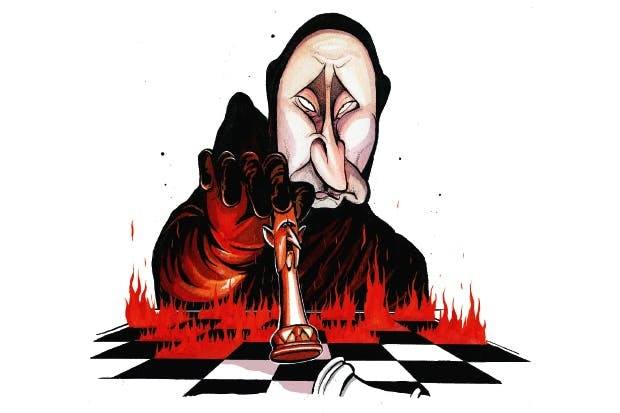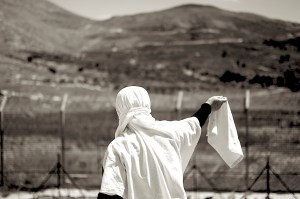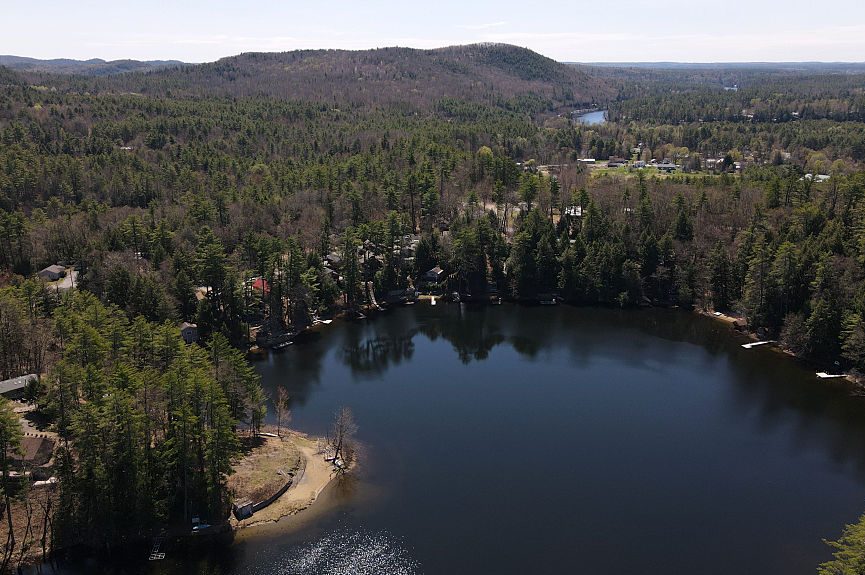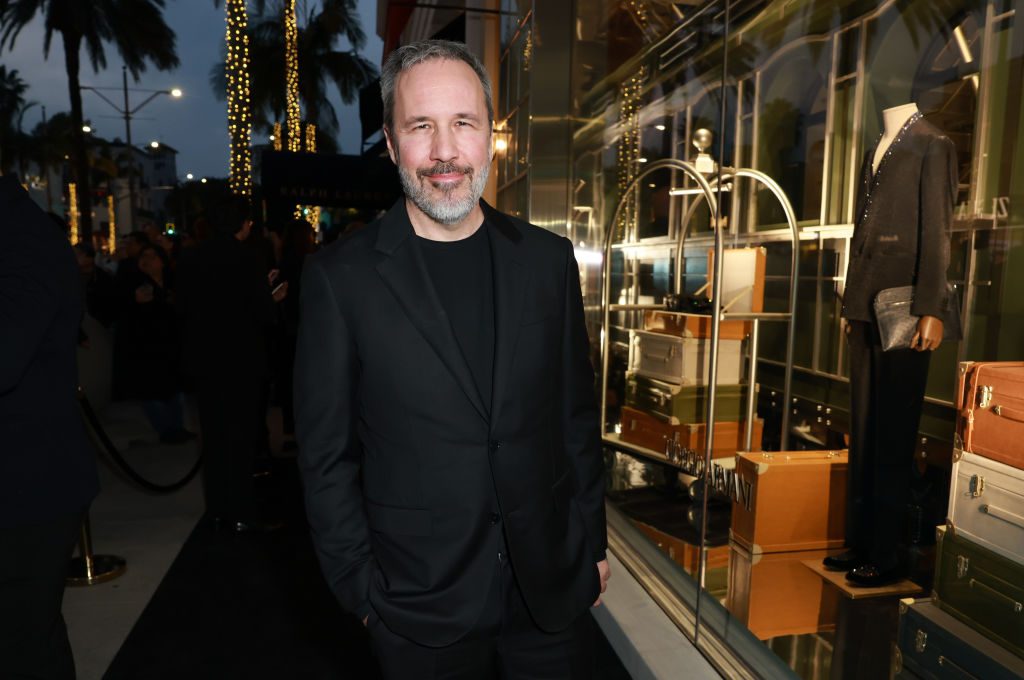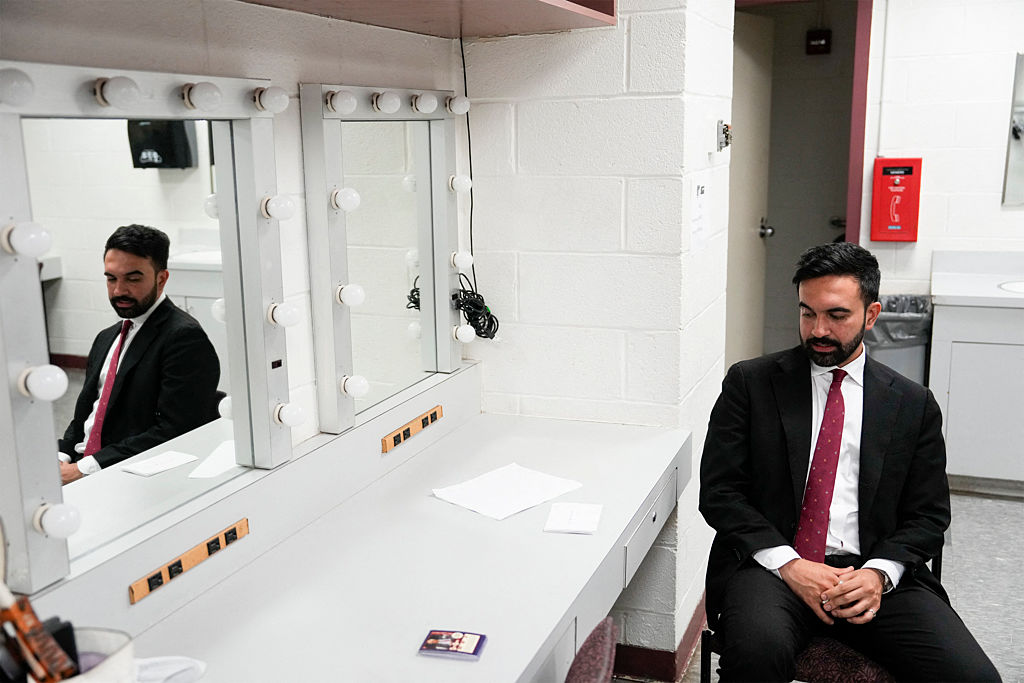Familiar, depressing images emerge from Ghouta in Syria: rows of tiny white shrouds, children killed in relentless airstrikes, makeshift hospitals, families huddling in basements, empty streets heaped with rubble. ‘People are too afraid to go out to bury their dead,’ said a medic identifying himself only as Dr Mohammed. ‘Even the cemeteries are being targeted.’ Hospital workers had to keep the day’s bodies until after dark, he went on, then they hurried out to put them into a single mass grave.
Médecins Sans Frontières says 520 people died in Ghouta in just five days last week, so the killing is not on a small scale. Opposition activists on the ground say much of it is being done by Russian planes. There are no independent witnesses to what is happening there, an important caveat, but the US supports this claim. Russia denies the accusation, with Vladimir Putin’s spokesman, Dmitry Peskov, calling it ‘baseless… with no concrete data’. As I write, Russia has organised a ‘humanitarian pause’ — five hours a day without bombing to allow civilians to flee. That in itself is confirmation of Russia’s central role in the Syrian regime’s offensive.
Ghouta is a grim sprawl of satellite towns on the north-eastern fringe of Damascus. Bashar al-Assad has long been desperate to recapture it. His regime’s argument —and Russia’s — is that from there the rebels often land shells in the heart of the capital (true, though the casualties are tiny compared with those in opposition-held areas); that they regularly interfere with the water supply to the city (also true, apparently; the rebels are accused of poisoning the water with diesel) and that they are jihadists fighting for sharia in Syria (largely true — these days most of the armed groups in Ghouta are Islamist, including one that was until only recently publicly allied to al Qaeda).
Russia and the regime clearly believe that with one more big push they can take Ghouta. It is almost the last sizeable piece of territory that the Syrian rebels hold. For Assad, this is a chance to finish the war on his terms. Even if the rebels cling on there, the Syrian dictator has already seen off an uprising that in its early days seemed certain to bring him down. In large part, this is the Kremlin’s achievement. Has Russia shown the vacillating West how foreign interventions are done? Putin thinks so. In December, he visited his pilots in Syria — the ones now accused of bombing Ghouta — and told them they had saved Syria as a sovereign, independent state. ‘Friends, the motherland is waiting for you,’ he said. ‘You are coming back home with victory.’
Victory has come at a cost. Only last month, more than 200 Russian military contractors — mercenaries — were reported to have been killed in fighting in eastern Syria. Add to that the 40 Russian personnel who died in Syria last year, according to Reuters. Then there is the money spent: the Kremlin initially estimated the Syrian intervention would cost $1.2 billion, but as of July last year that was heading towards $2.5 billion.
Why should the Kremlin think supporting Assad is worth so much? Dr Christopher Phillips, who has written a book about international rivalry in Syria, says Putin has tied Russia’s prestige to Assad’s survival. ‘The basic geopolitical point is that Assad is an ally and they don’t want to lose him, certainly not to a pro-western force.’ Syria was ‘an opportunity to parade Russia as an alternative to western power in the Levant, if not the wider Middle East. Putin has shown the West what direct intervention can achieve.’
Phillips also says that, having lent Assad huge sums to buy weapons from Russian arms manufacturers, the Kremlin does not want to have to write off this debt if the regime falls. For Yuri Shvets, a former KGB officer now living in the West, money is usually the explanation behind any particular Kremlin policy. In Syria, he believes, Russia’s ‘no. 1 priority’ is to stop Qatar from building a gas pipeline across Syria if the rebels win. ‘It would be a mortal threat to [Russia’s huge gas company] Gazprom,’ he said. ‘Gazprom is the financial backbone of the Putin state… the major provider to the state budget. Putin needs to bribe the bureaucracy, he needs to pay pensions, he needs to get people to vote for him.’
Shvets says there are more direct Russian financial interests in Syria. He points to an Associated Press story last year, which said a Russian company, Evro Polis, had signed a potentially lucrative contract with Syria’s state-owned oil monopoly. The Russian company would use contractors — mercenaries, the same ones killed last month — to capture oil and gas fields from Isis. It would then be rewarded with a quarter of the revenues from those fields.
The US Treasury says Evro Polis is owned in part by a billionaire oligarch called Yevgeny Prigozhin, whose life story could symbolise Russia’s brand of crony capitalism. He started out with a hotdog stand in St Petersburg but later opened a luxury restaurant that became one of Putin’s favourites: Prigozhin is known as ‘Putin’s chef’. A photo shows the billionaire obsequiously serving the Russian leader, standing behind his chair like the world’s most highly paid waiter. Shvets, the former KGB officer, says this is a sign of Putin’s deep trust in Prigozhin. ‘Russian leaders for generations were very wary of being poisoned.’
That trust enabled Prigozhin to build a conglomerate supplying food to schools, the army, and the Kremlin. It didn’t matter that Russian newspapers reported a 12-year jail sentence in his past. Putin was Prigozhin’s krysha, or ‘roof’, Shvets said, providing protection in return for a share of the spoils, in Russia or in Syria. Such alleged arrangements have led the US intelligence agencies to conclude that Putin has a secret fortune of tens of billions of dollars, and may be one of the world’s richest men.
(One other twist: Prigozhin is one of 13 Russians accused by the US special counsel, Robert Mueller, of interfering in the American presidential election. His name on the indictment is evidence for some of Putin’s connection to the US elections ‘operation’. Prigozhin has been involved in a legal action to try to remove these stories from the Russian internet.)
Putin would no doubt deny that financial motives are any part of the reason why bombs are falling on Ghouta — he has said he wants the UN-sponsored peace talks to succeed. Perhaps he would question the purity of the West’s motives in liberating Kuwait or invading Iraq. He has criticised the West for supporting a rebel movement that includes not just Islamists but one commander who committed a public act of cannibalism with part of a government soldier’s body (and escaped any punishment).
But regardless of Russian motivations, has the Kremlin’s gamble paid off? Syria has turned out to be a longer, more expensive commitment than Putin may have bargained for. ‘Having invested so much in Syria, Putin can’t just cut and run,’ says Phillips. ‘He’s stuck with it.’ Despite paying the bills for Assad’s war, Russia has found the Syrian leader to be stubbornly unbiddable. At times, it seems Tehran has more influence in Damascus than Moscow.
And Syria is complex, the outcome of any one course of action difficult to predict. The 200 or more Russian mercenaries killed last month made the mistake of attacking a base belonging to Kurdish forces trained by the Americans. Some reports say the Kurds were able to call in American airstrikes. Putin hopes the millions of refugees on Syria’s borders, and in Europe, will be able to go home. But many have sworn never to return as long as Assad remains in power. Even if the rebels lose Ghouta — and other territory in the north — the insurgency will probably survive in pockets of the countryside. This would not be peace, but a bloody stalemate. As the Americans discovered in Iraq, one person’s victory is another’s quagmire.
On The Spectator Podcast, Paul Wood and Johnny Mercer discuss Russia’s involvement in the Syrian conflict – and whether Britain should do more:



